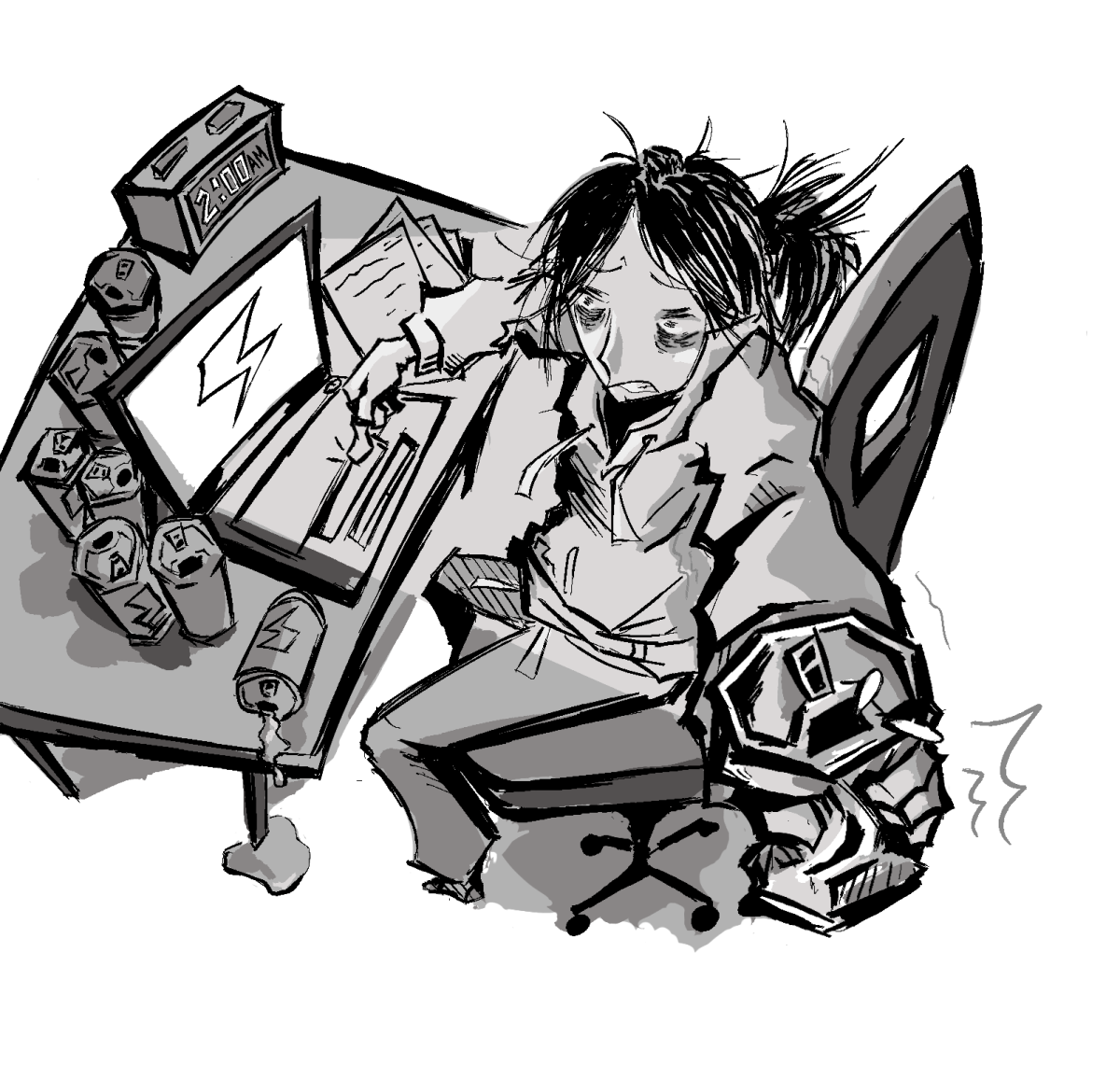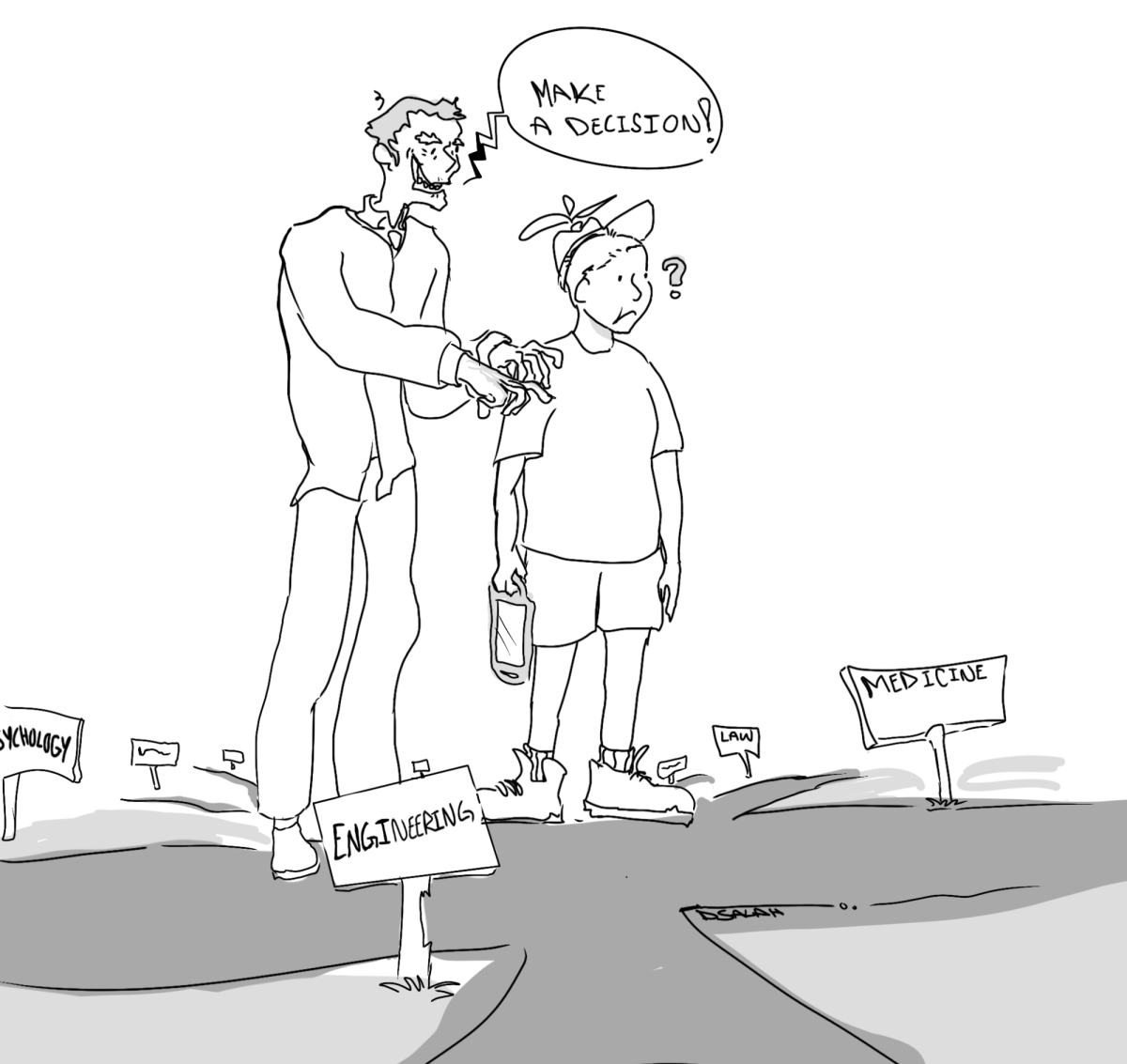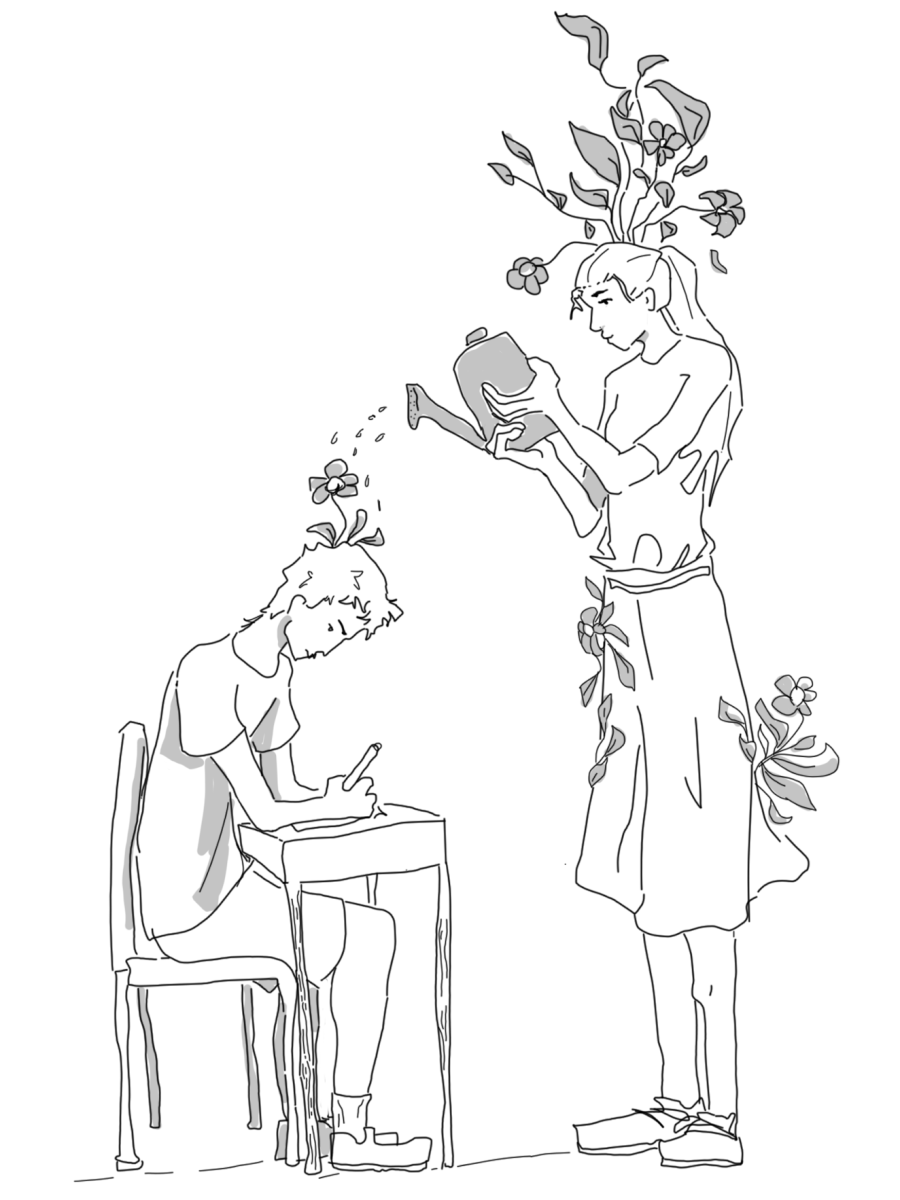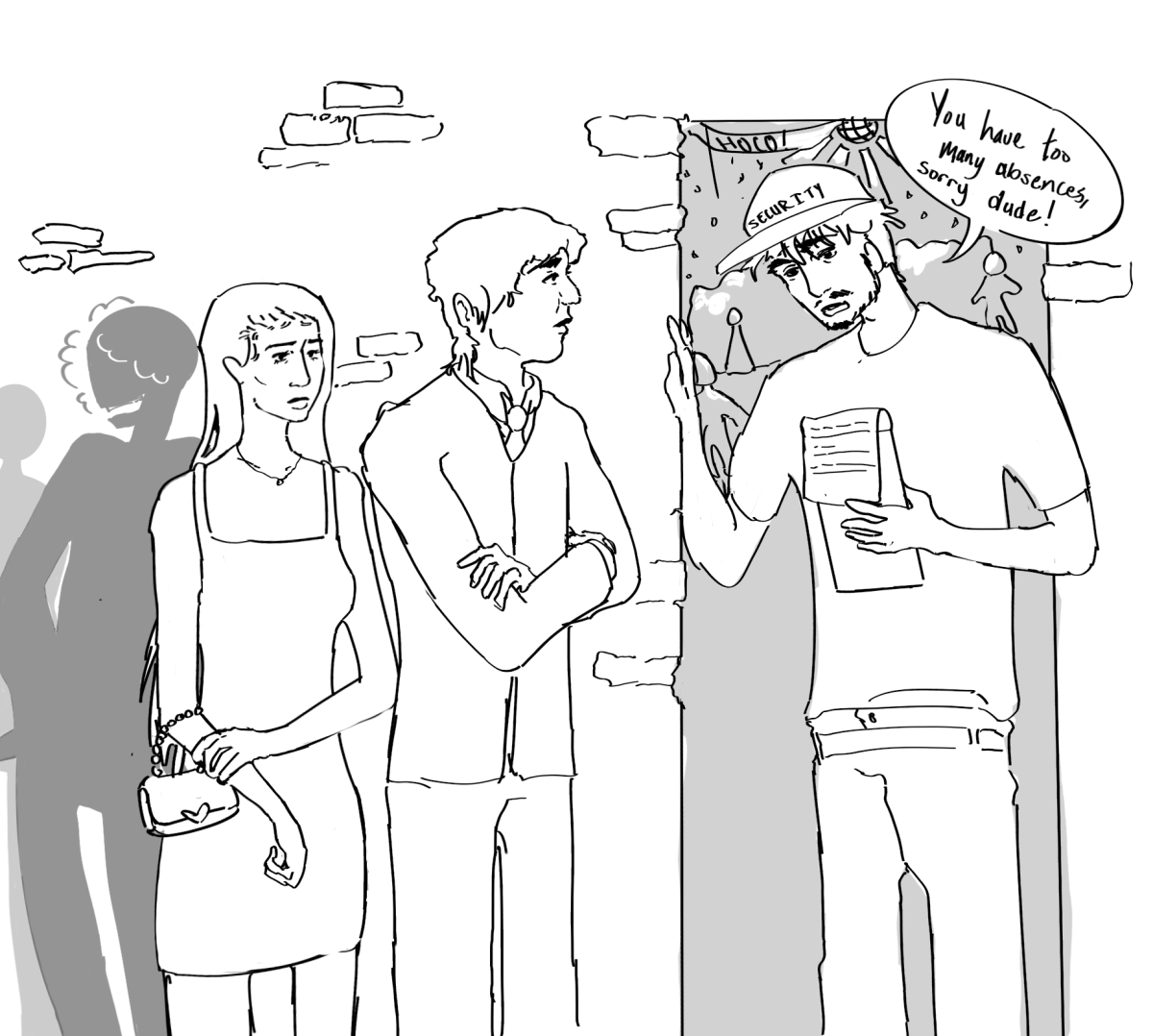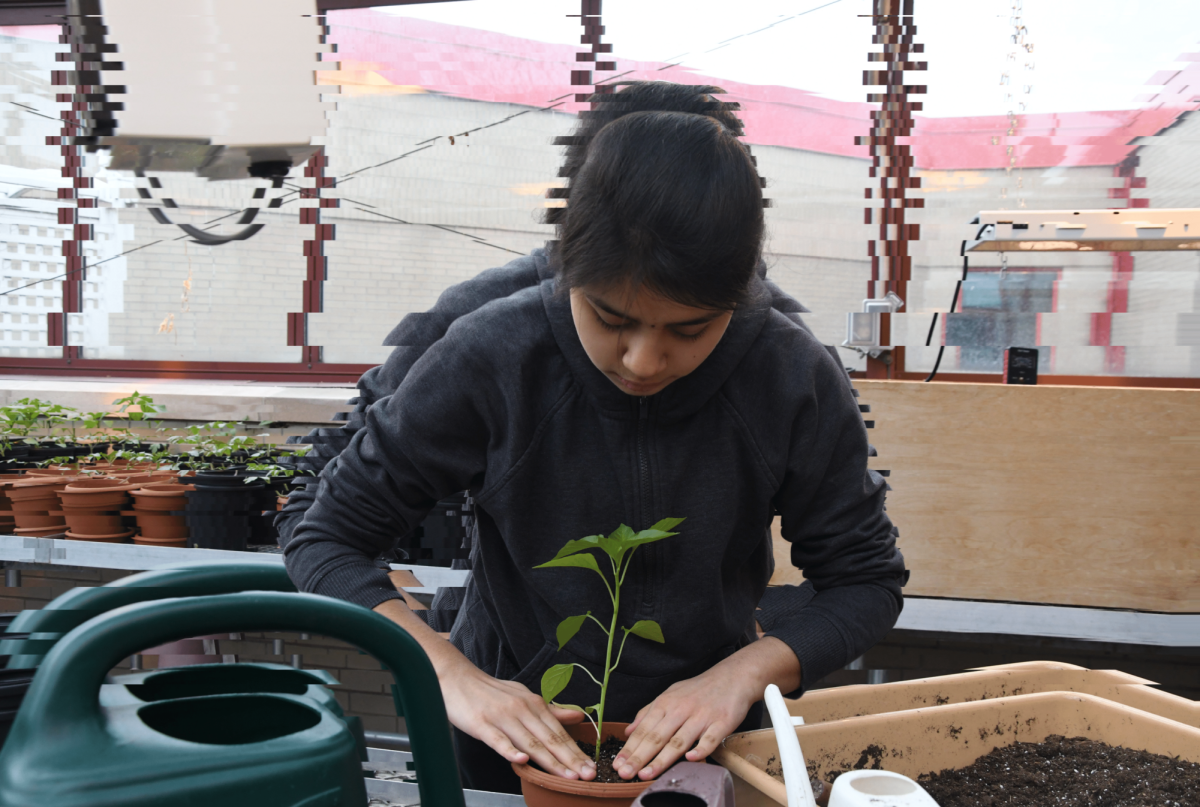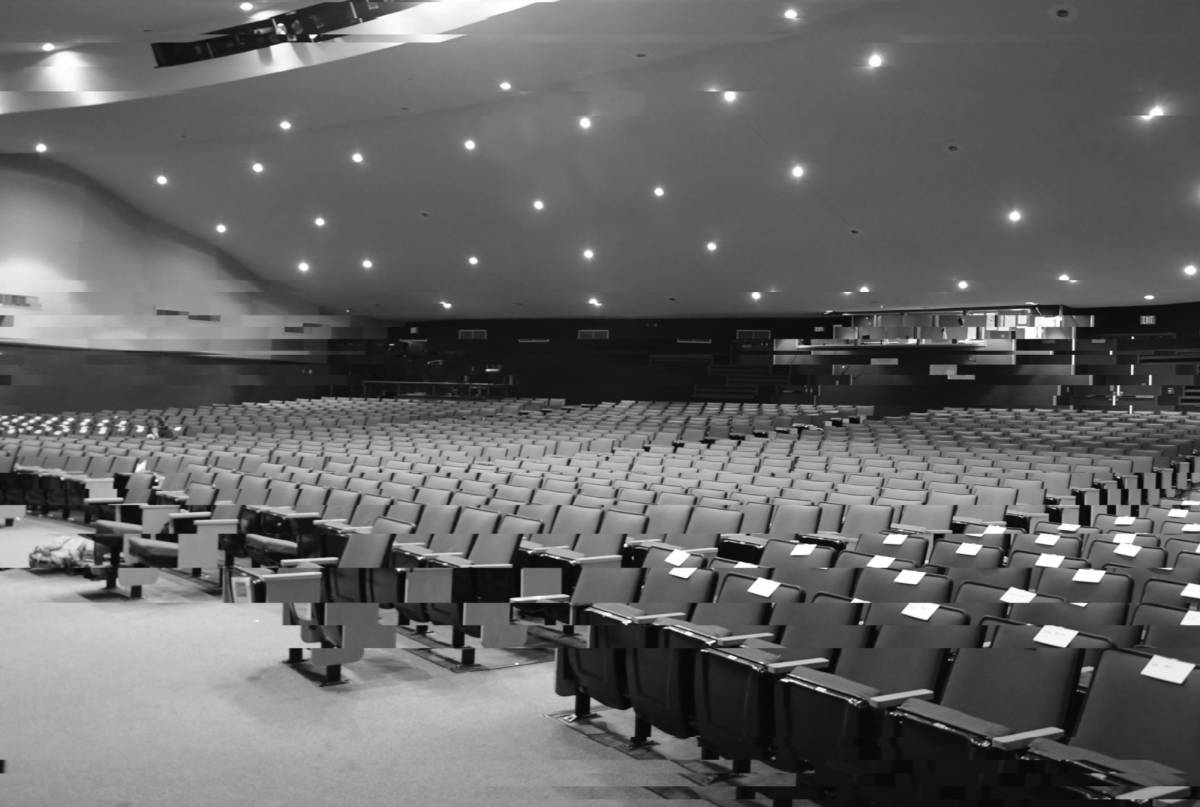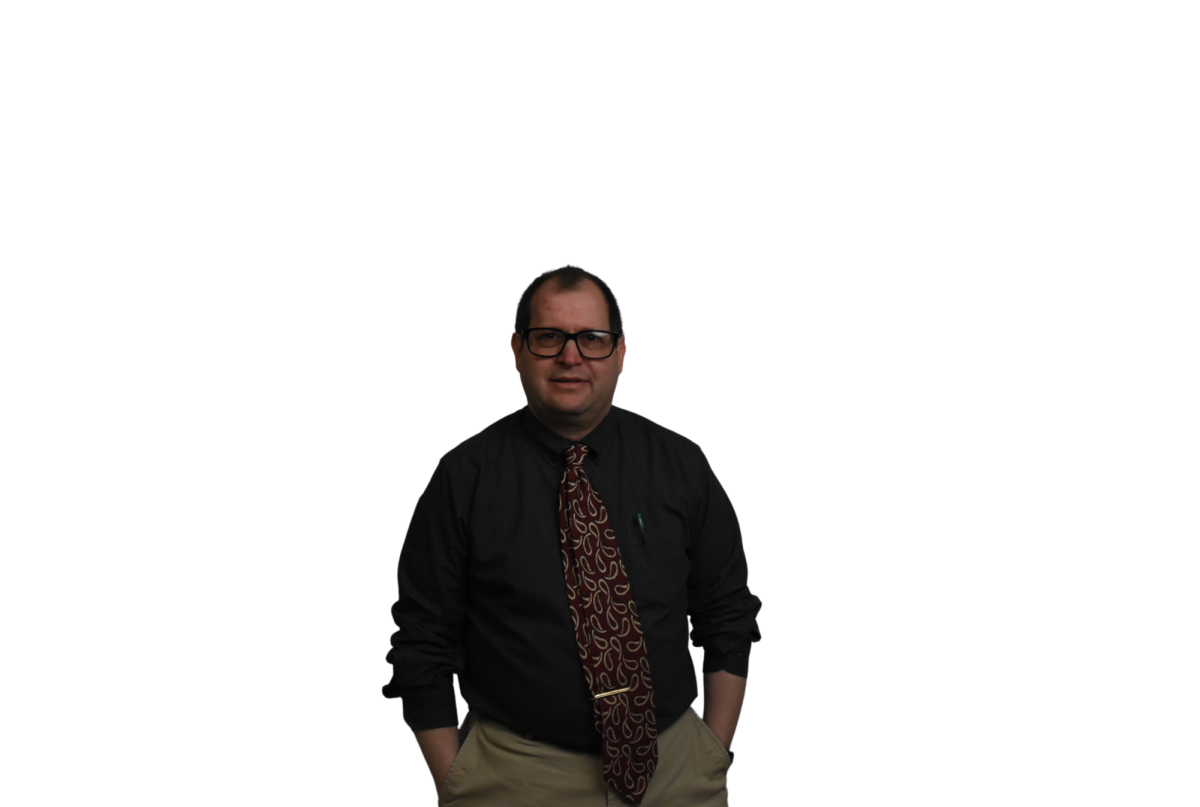Crier has discussed change a lot. We’ve had to. The world is always changing, from the menial daily to the impactful. Crier has consistently kept up with local change: things that matter more to the student body, generally more short term. But we are part of the greater world just as much as the local one we’ve made.
And the outside world—the one we’re emerging into—is changing. Rapidly.
There’s no way to predict the future. 50 years ago, science fiction portrayed a future where we would drive flying cars and pilot spaceships into the far corners of space in a world with abundant greenery.
Uh, yeah. That obviously hasn’t happened.
But even if we don’t know exactly what our future holds, we can still make guesses. There’s a lot of signs of what might come, and it is important to think about these future changes as much as the current ones.
Crier, when considering what may come for us, mostly turned to technology. It’s likely that technology will be the defining factor in life. While restrictions on device usage may seem lax, in the next decade, a firmer hand will be set down. There will be more restrictions to phone usage in class, and harsher treatment of plagiarism, especially in cases of AI. It may even go so far as to result in unfair points deductions from falsely positive AI checking tools.
The next generation, Gen Alpha, will be where we truly see the aftereffects of Covid-19. Similar to the development of society before and after 9/11, there will be changes to the way the world works due to it. For example, masking when sick may become more common.
We will also see the degradation of attention spans, as being online fosters an addiction to stimulus. We’ve already seen an average of 3 second decreases in attention span, now. This will also increase the number of ADHD diagnoses, even if they wouldn’t be entirely correct.
This future world is the one that we’ll have greater control over: one that we are free to shape and change. Whatever new technological restrictions or Covid-19 aftereffects there might be, it helps to know where we’re going.
Our Take: Most of the changes in the next ten years will be result from technological developments.





